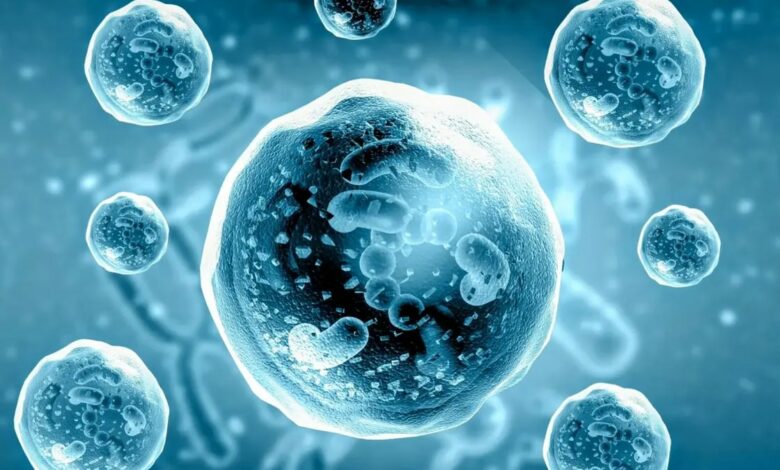Memories aren’t limited to the brain, new study claims

Scientists from New York University (NYU) have revealed research showing that memory functions may not be exclusive to brain cells, with findings showing that non-brain cells in the body can also store memories. The study showed that cells outside the brain, specifically kidney and nerve tissue cells, possess memory-like properties typically associated with neurons. These findings have implications for advancing the understanding of memory processes and could yield new treatments for memory-related disorders.
Memory gene activation in non-neural cells
The study was published in the journal Nature Communications. According to the study, the research team examined the response of non-brain cells to chemical signaling patterns in laboratory settings. By mimicking the neurological ‘mass-spread effect’, the team sought to test whether the spacing between signal patterns – analogous to spaced learning intervals in humans – would affect these cells’ ability to ‘remember’. The study further found that exposing kidney and nerve cells to these intervals resulted in the activation of a ‘memory gene’, a process previously thought to be unique to neurons.
To monitor this activation, the cells were engineered to produce a glowing protein every time the memory gene was turned on, providing visible markers of memory processing. Notably, the non-neural cells showed a stronger and longer lasting gene response when the chemical signals were spaced apart, rather than delivered in a single extended pulse.
Implications for health and understanding memory
This study introduces a new perspective on cellular memory, potentially shifting future research toward non-brain cells as integral to memory storage and function. Kukushkin, along with Professor Thomas Carew of NYU’s Center for Neural Science, suggests that understanding non-neural memory could play an important role in developing innovative approaches to improve learning or address health problems, such as glucose management and the response of cancer cells to treatment.
The research adds a new dimension to the study of memory, indicating that memory functions could be a general cellular property rather than one limited to just brain cells.




